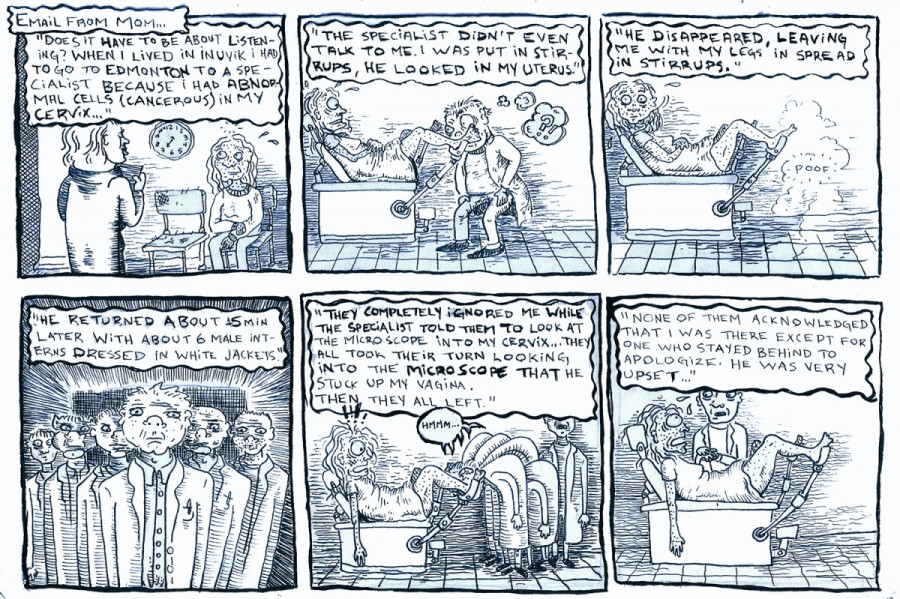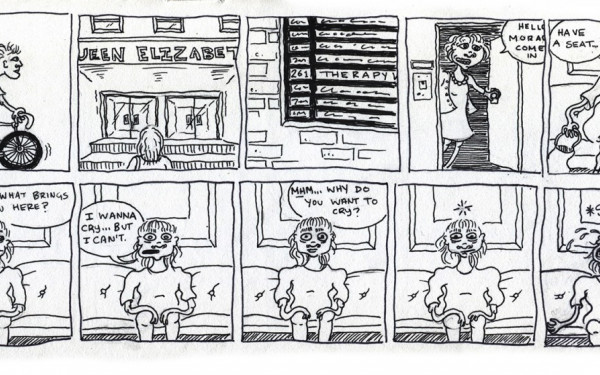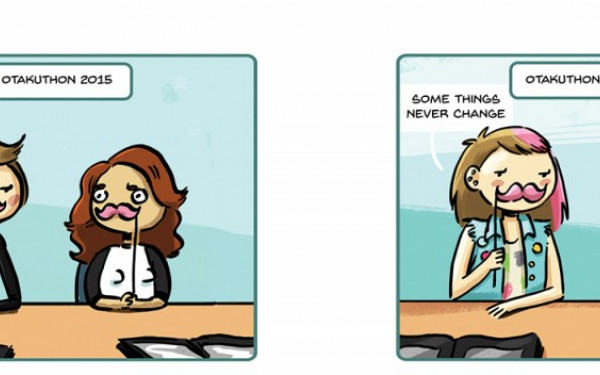The Consequences of Being Disbelieved by Your Doctor
How Our Health System Frequently Ignores and Misdiagnoses Women
Women and non-binary people often spend hours on end on waiting lists and then in waiting rooms, only to hear the same words spoken to them over and over again.
“You’re probably just stressed!”
“Have you tried losing weight?”
“It could just be your hormones. You’re just experiencing very bad period symptoms.”
Ask many women about their experiences with healthcare and they will be able to tell you at least one personal horror story about a medical professional who didn’t take their concerns seriously.
Doctors do have years of medical knowledge and experience under their belts, but they have never lived in their patient’s body. Therefore, they cannot entirely know what is normal for their patient. The doctor’s job is to listen, and fully investigate the issue.
However, there seems to be some disconnect that leads women, and people who identify as women, to frequently be disbelieved and misdiagnosed by doctors. Because of this, some women’s conditions get ignored or mistreated, and can become worse as a result.
A report from Vice in 2014 found that Canadian women are more likely to be put on waiting lists, likely due to doctors not taking their concerns seriously. A Statistics Canada study from 2010 confirms this. The fact that women wind up sitting on these waiting lists for longer than men has reportedly increased the overall mortality rate of women in Canada by 2.5 per cent.
A doctor has the power to not take their patient seriously, and the more they decide to do this, the more likely their patient is to die. There are many individual accounts from women about not being heard by their doctors. At this scale, it is a systemic issue.
A factor in the phenomenon of doctors ignoring their patients is the many misconceptions that exist around women and pain. Women are frequently accused of being overdramatic and told that their pain isn’t as bad as they believe it to be.
Racism and intrinsic biases are other important factors. On some level, many doctors will also believe that women of colour, particularly Black women, can handle more pain and don’t need the amount of treatment that they say they do. There have been numerous accounts of doctors sending Black women in intense pain home with nothing, or even downright accusing them of lying and exaggerating.
Many physicians also stereotype women as being more naturally emotional. The issue that a patient might be experiencing may be completely physical, but physicians often search for solutions related to emotions and mental health. Of course, mental health treatment is incredibly important, but sometimes physical symptoms are a sign of a physical problem and not physical manifestations of stress.
Doctors often blame pain on periods or hormones. They have no way of knowing what a normal period feels like for each of their patients and yet will frequently insist that everything is normal and the pain is all in the patient’s head. This can lead to people suffering from conditions such as uterine fibroids or endometriosis for years without hope of any sort of treatment.
People who know they will be ignored or stereotyped are not keen to reach out for help, especially when their care will likely be inadequate or even emotionally or physically harmful. This is especially true for people with intersecting marginalized identities, such as transgender women, women of colour, and women with disabilities. Mistreatment and stigmatization directly lowers the overall health of women and people who are assigned female at birth, as well as the minority groups to which they belong.
“Mistreatment and stigmatization directly lowers the overall health of women and people who are assigned female at birth, as well as the minority groups to which they belong.”
Every individual has biases, and doctors are no exception. At the end of the day, doctors are people, and if they believe that women are over-emotional, that Black women should be strong and therefore exaggerate pain, or any other stereotype imaginable, then patients will continue to be mistreated by the system that controls their health.
People should not get sick because of medical professionals, and yet many are still continuously denied help. The healthcare system demands that women and non-binary individuals fight for medical attention, for a diagnosis, and for treatment. People have jobs and lives and aren’t always able to dedicate their time to leaving messages on answering machines and sitting in waiting rooms, especially if they are sick and already have depleted energy.
Fortunately this problem does have a solution, which is simply listening.
Listening to women and non-binary patients, and listening to people who belong to marginalized identity groups.
Access to appropriate healthcare is a human right. It is not the job of the doctor to believe or disbelieve their patient, it is their job to treat the patient.
Unfortunately, accessible and adequate healthcare does not exist for many people in Canada and in the United States, and this can no longer be ignored.







